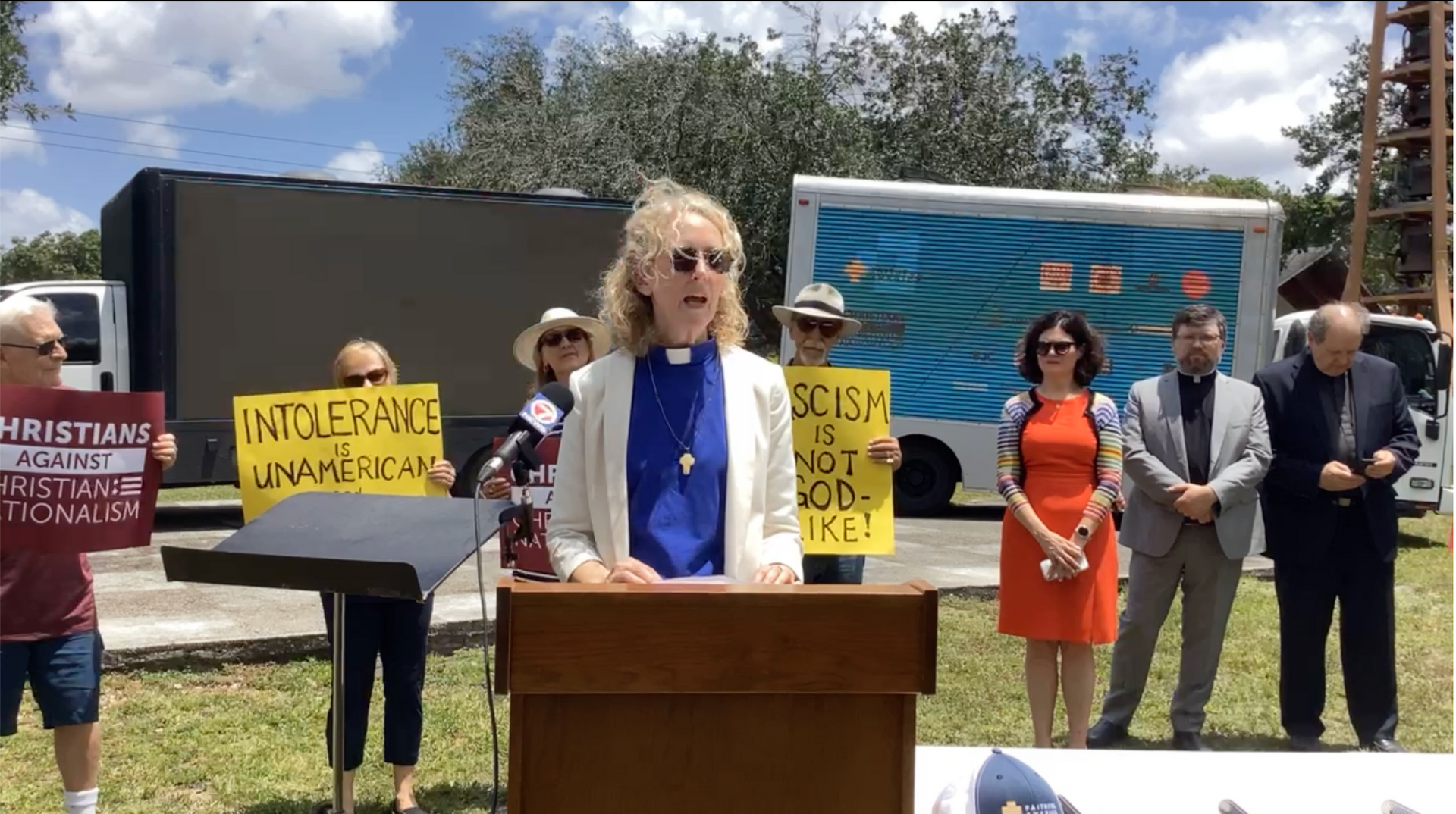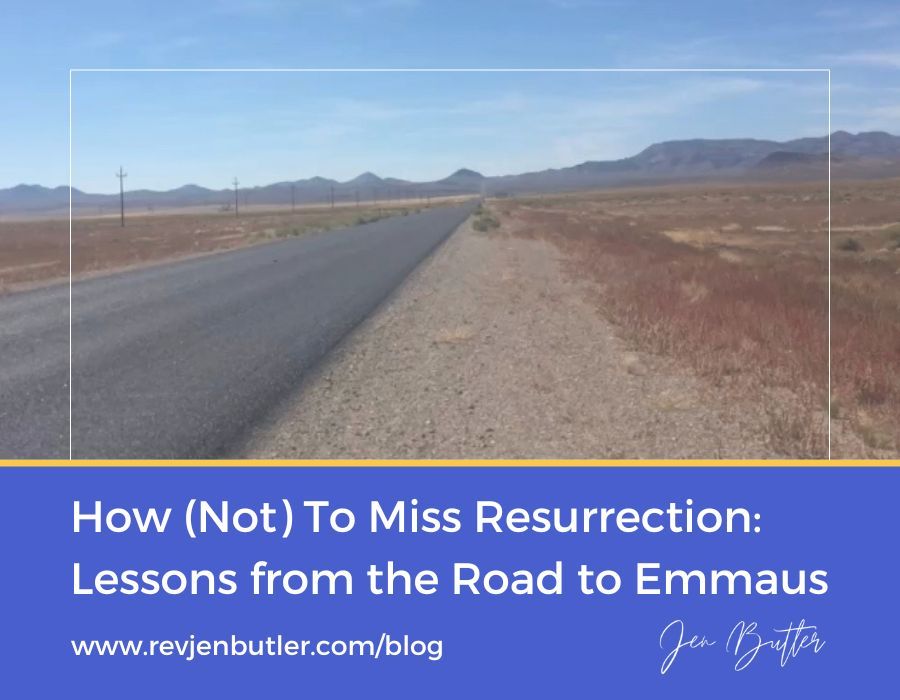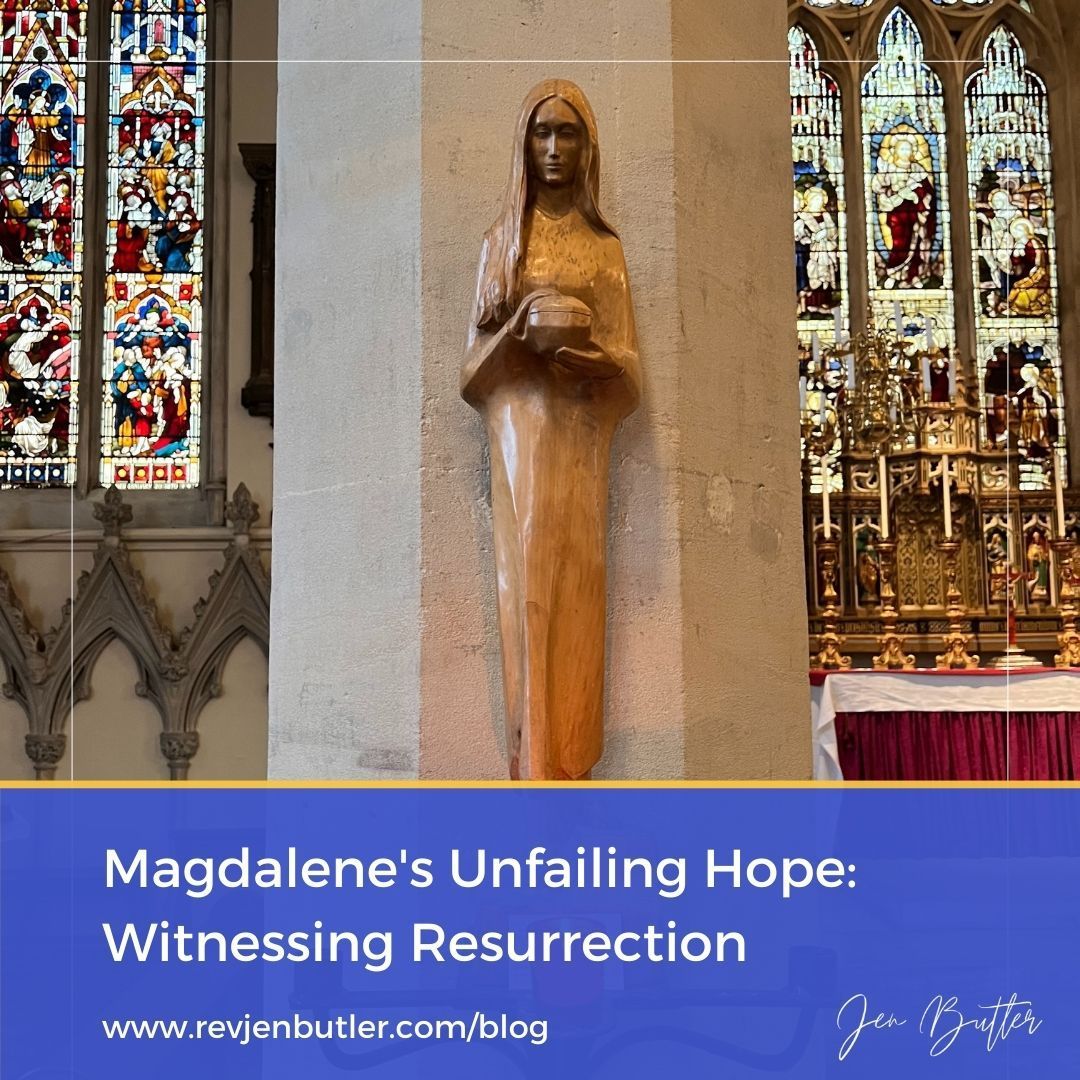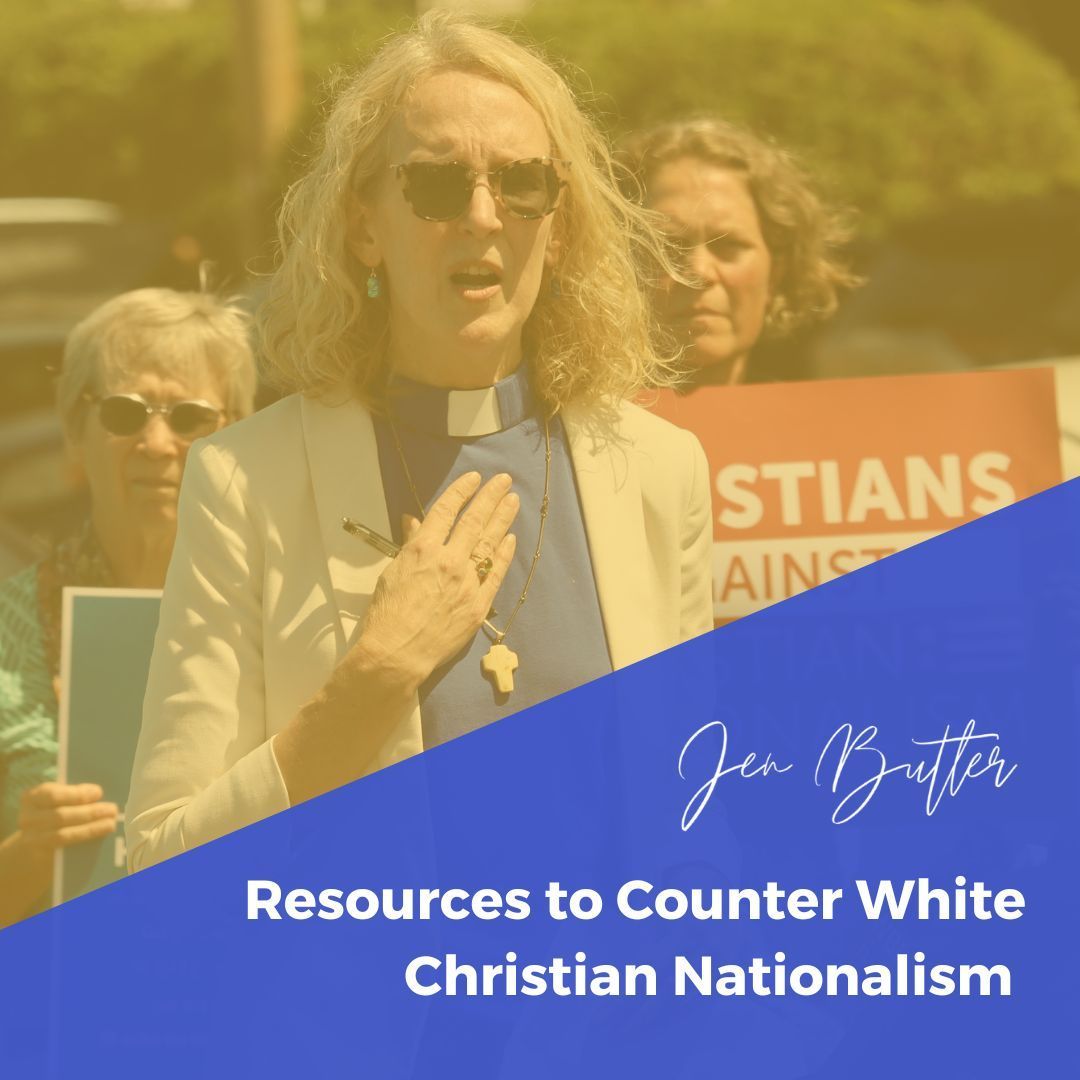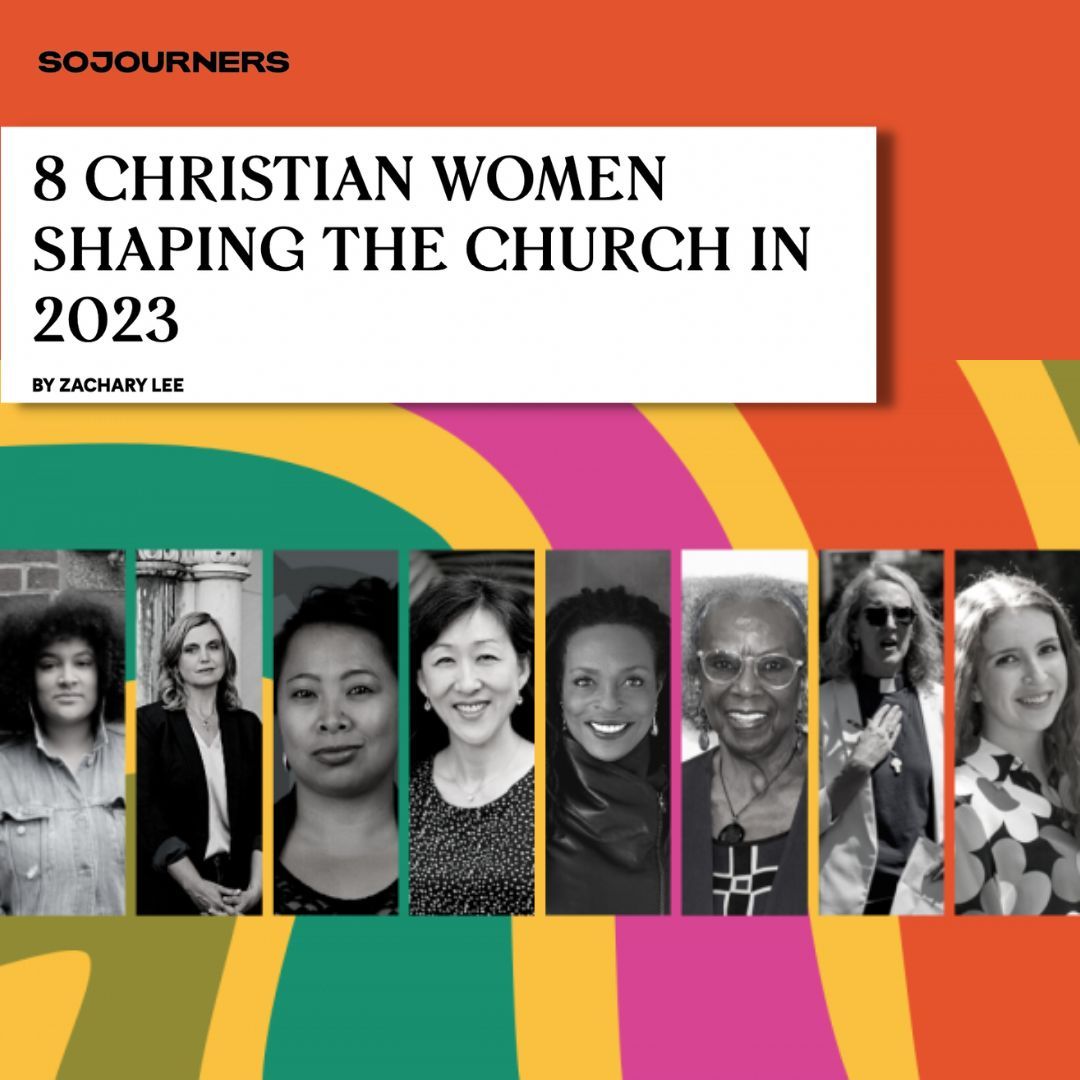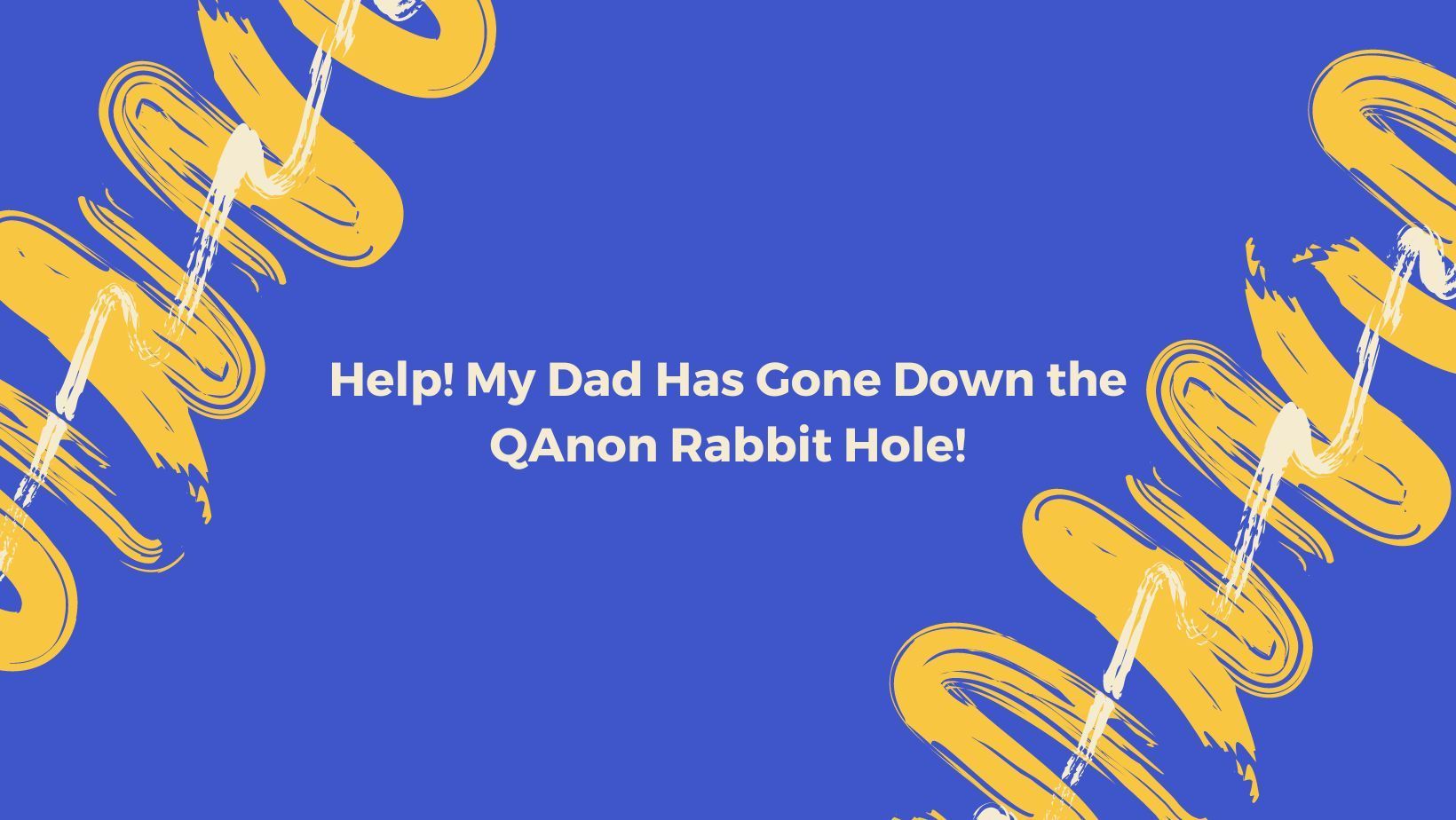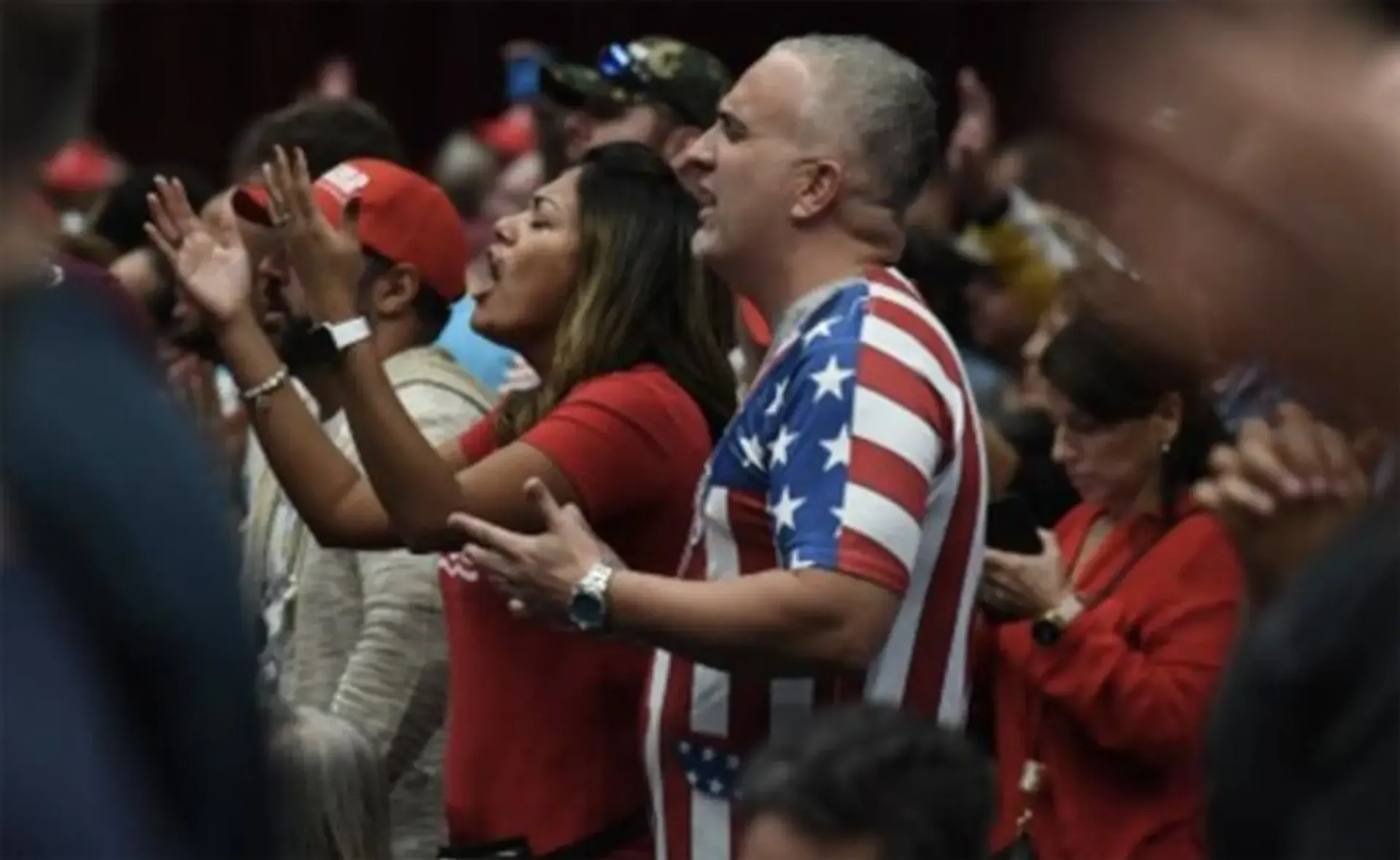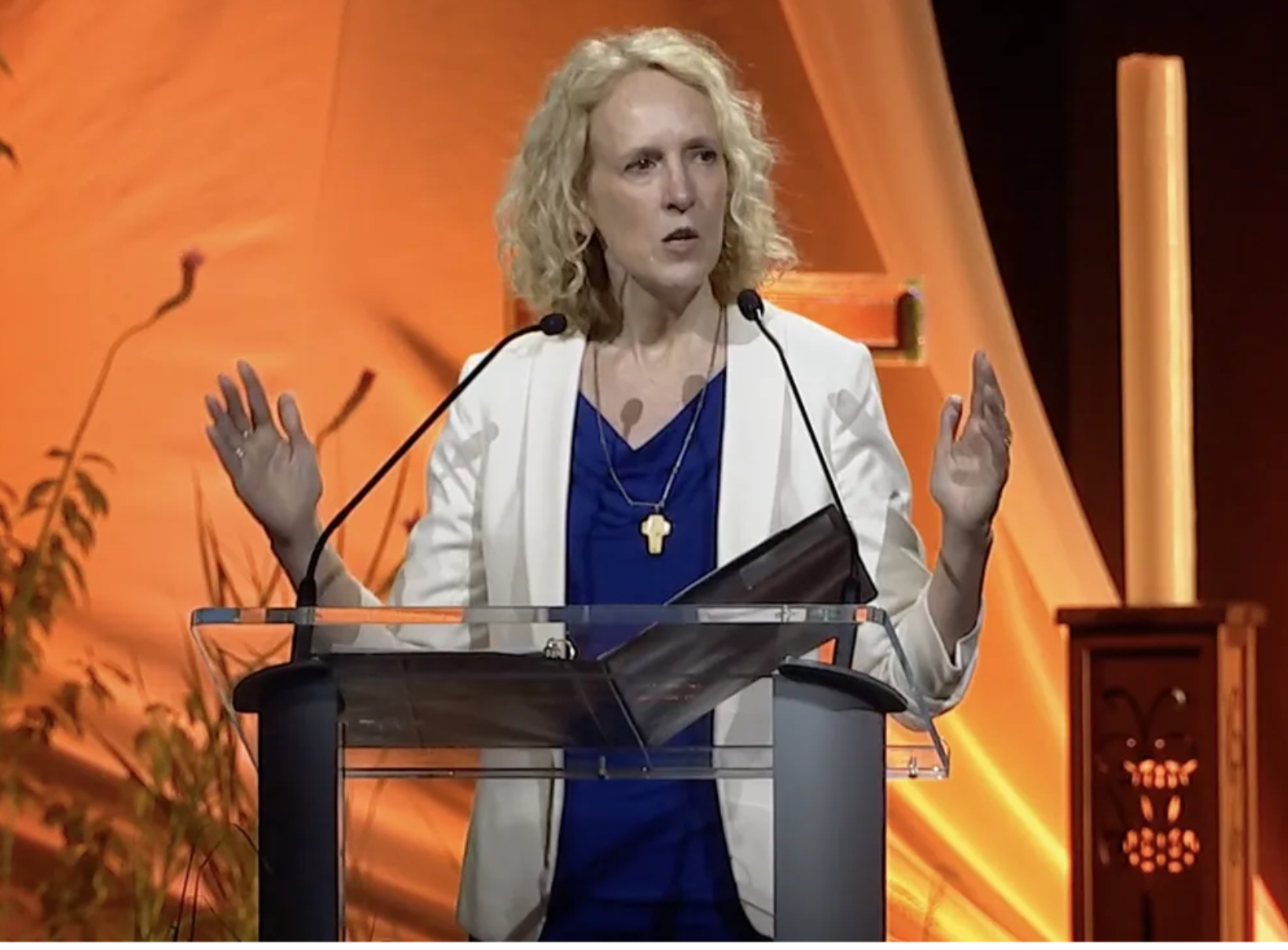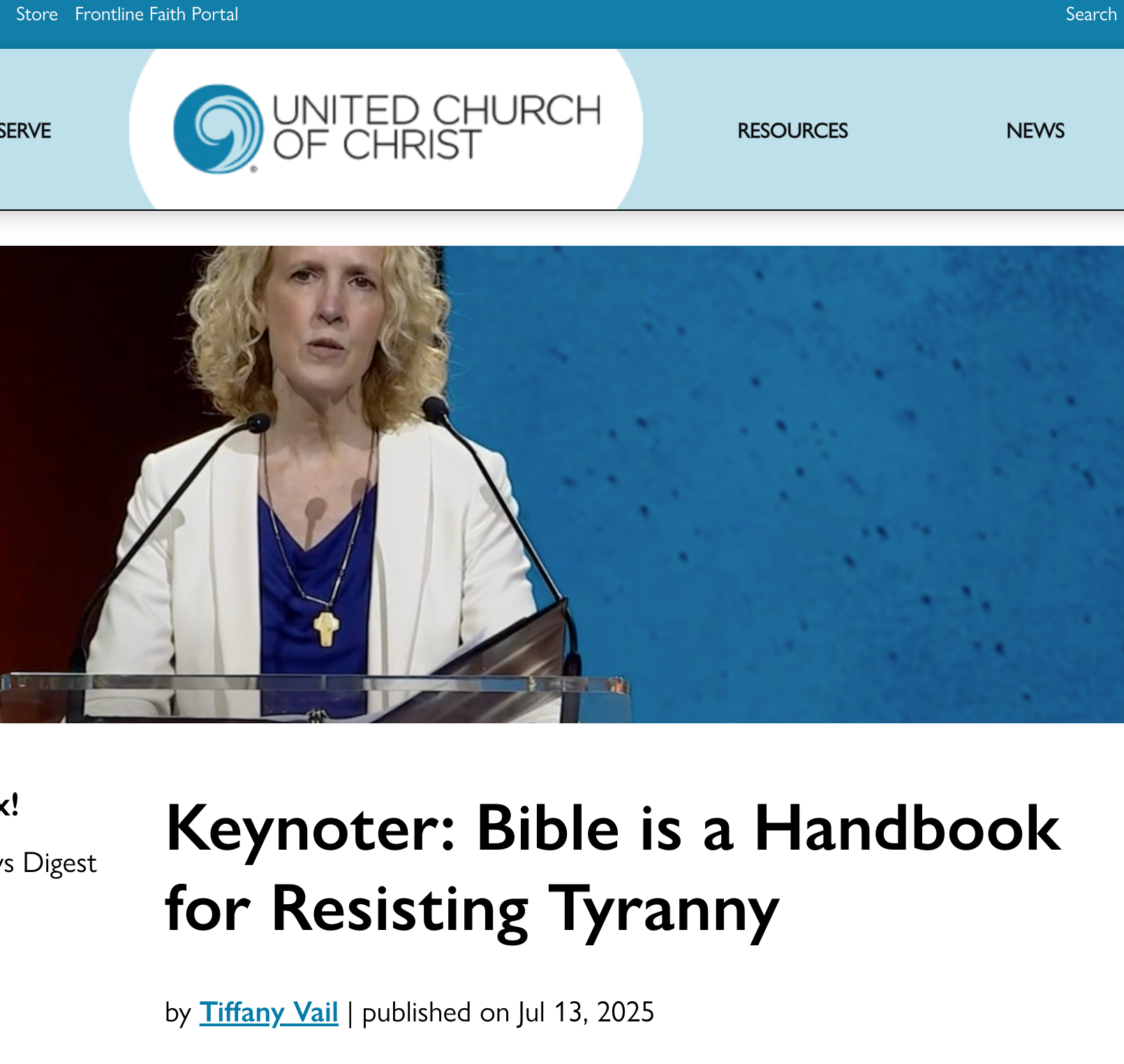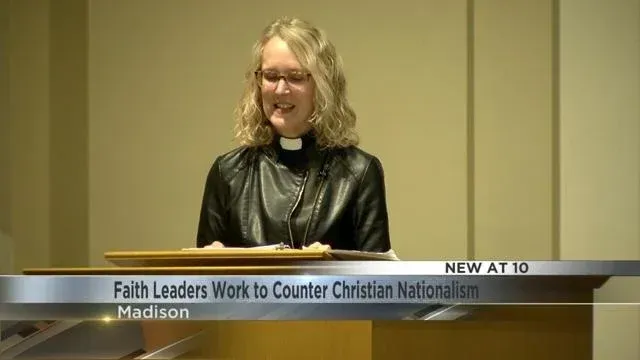Midrash- The Living Word
These past few weeks have really been a whirlwind!
Some of us are taught to read scripture as a bunch of do’s and don’ts or worse, a roadmap for avoiding going to hell. If you grew up with that, I am sorry you were spiritually abused. The text was not meant to clobber you over the head or shame you.
Others of us were taught to approach scripture intellectually, with an eye toward analysis and interpretation. Over-intellectualizing can be hard to set aside. We can be like those people who analyze the special effects of a movie out loud while others try to immerse themselves in the story.
Few of us were taught to read it mystically: to invite it to speak to our hearts and souls. Yet I find this is the most profound and powerful approach of all.
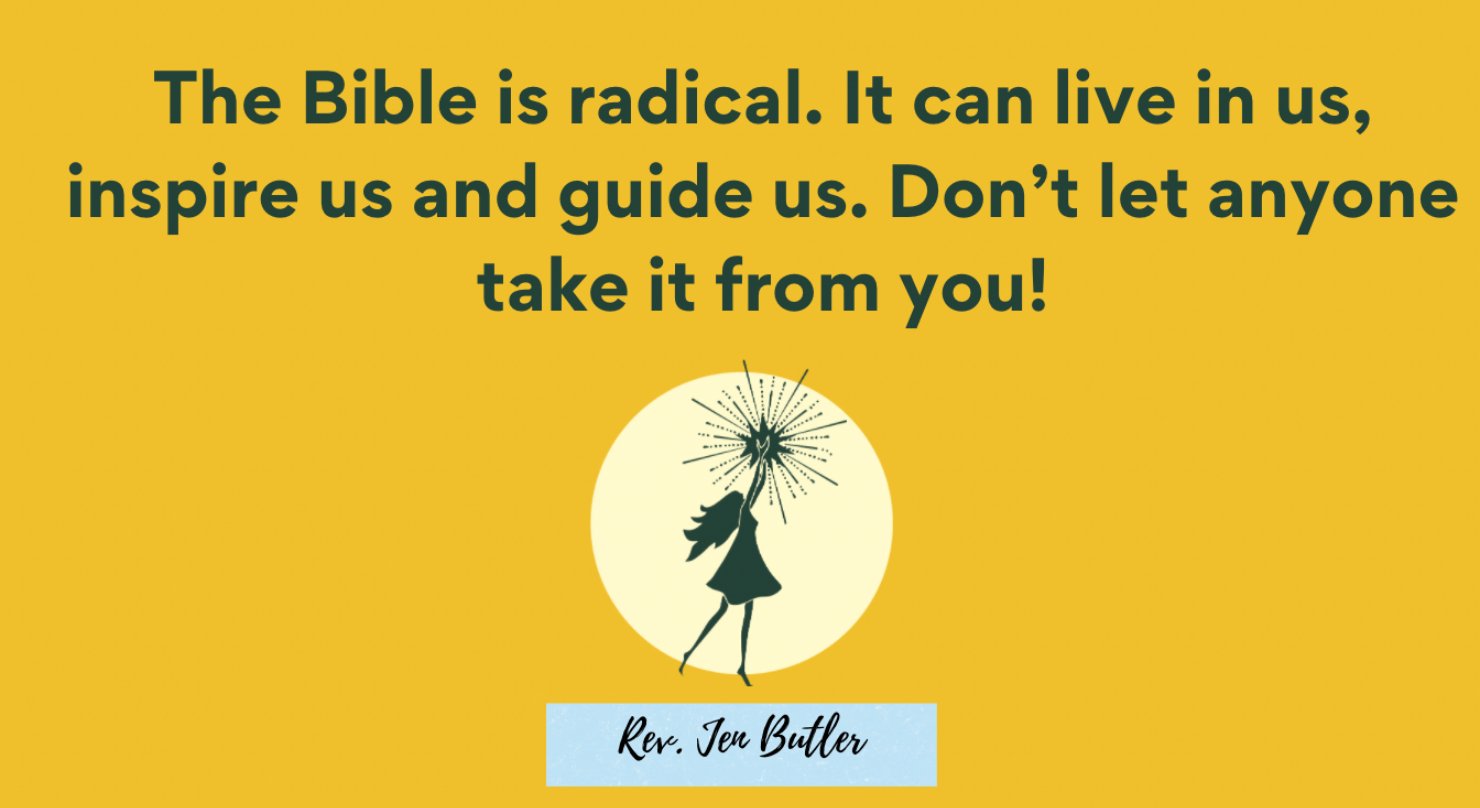
I set out to write this book as a simple guide to faith-rooted activism. When I decided to structure it along the outline of the Bible, I found myself guided in new and unexpected ways by stories I had heard all my life. These stories continue to work in me!
One of the approaches I use is called Midrash--a rabbinic practice of reaching scripture imaginatively. Through Midrash, readers explore the gaps in the story, the missing voices, the silences, the wondering that is sparked. This enables the text to speak to you today and stir your soul.
In Midrash, scripture is sometimes described as black fire on white fire. Black fire is the words on the page. Midrash illuminates white fire, the spaces between the words that are written (See The Soul of a Pilgrim: Eight Practices for the Journey Within by Christine Valters Paintner).
St. Ignatius, a Spanish mystic and founder of the Jesuit order, also used a process like this, suggesting we have conversations with the characters to see what they might say to us.
As I read the book of Exodus, I was struck that the first chapter of this very familiar text is all about women who I barely heard of as a child. In fact, they were women of different religions and social classes. I read between the lines and listened to the questions stirring in my spirit. Could it be that they were in cahoots? Were they forging a cross-race, cross-class coalition -- just like Stacey Abrams in Georgia is doing today? Is this how tyranny is defeated? What were their challenges? How did they see new possibilities? I noted their humor, their trickery, their imagination. I noticed how God doesn’t even appear until chapter two, and I wondered “Is God made present by our resistance and coalition building?”
Looking at the Midrash I did in my book, I continue to see layers of meaning in the text as it speaks to my own life and activism -- questions like this one from a book group I spoke with: “When you wrote about Sheba wrestling with her power, it made me wonder if you wrestle with power working as you do in Washington.” I realized what God has been telling me as I answered the question! My struggle to stay grounded is rooted in my experience of vulnerability as a mother -- the same awareness I lend Sheba in that Midrash. When I lose my footing, I need to return to that sense of compassion and vulnerability.
The more I ground in scripture as a catalyst for liberation, the more meaning and inspiration I discover in the text. Tyrants and empires hijack faith and interpret texts wrongly in order to control us. Slaveholders in the American South actually created a Slave Bible to prevent enslaved Africans from reading the text and rebelling as they had done in Barbados. Tyrants have to control religion in order to control us.
The Bible is radical. It can live in us, inspire us and guide us. Don’t let anyone take it from you!
Try this ancient way of reading scripture and let me know what you discover!
- Center yourself before approaching the text.
- Read the text slowly and take the time to really imagine the story. Put yourself in it and let yourself enter into the perspective of each of the characters in the story.
- Hear the story as if for the first time. Avoid getting caught up in theological interpretation and doctrine.
- Have a conversation with the lead characters. How did they feel? What were they thinking? Do they have any wisdom for you on your journey?
- Pay attention to the part of the story which stirs the most curiosity or energy for you. What questions arise? Why does this resonate or provoke you?
- Write down your response in prose or poetry. Do not try to perfect anything you write. Instead, stay with your insights and feelings.
Text Options:
Genesis 3:14-24
22 And the Lord God said, “The man has now become like one of us, knowing good and evil. He must not be allowed to reach out his hand and take also from the tree of life and eat, and live forever.” 23 So the Lord God banished him from the Garden of Eden to work the ground from which he had been taken. 24 After he drove the man out, he placed on the east side[e] of the Garden of Eden cherubim and a flaming sword flashing back and forth to guard the way to the tree of life.
Exodus 1:15-18
15 The king of Egypt said to the Hebrew midwives, whose names were Shiphrah and Puah, 16 “When you are helping the Hebrew women during childbirth on the delivery stool if you see that the baby is a boy, kill him; but if it is a girl, let her live.” 17 The midwives, however, feared God and did not do what the king of Egypt had told them to do; they let the boys live. 18 Then the king of Egypt summoned the midwives and asked them, “Why have you done this? Why have you let the boys live?”
Luke 8:43
43 And a woman was there who had been subject to bleeding for twelve years,[a] but no one could heal her. 44 She came up behind him and touched the edge of his cloak, and immediately her bleeding stopped.
45 “Who touched me?” Jesus asked. When they all denied it, Peter said, “Master, the people are crowding and pressing against you.” 46 But Jesus said, “Someone touched me; I know that power has gone out from me.”
Photo by Kinga Cichewicz on Unsplash

Prayer
God, you are our great parent and guide.
We ask for healing in our nation
Where spiritual abuse and manipulation is rampant
And where we are distanced from you
Because of hatred and the hijacking of your word
Help us to reclaim scripture
And discern your will
So that we may know you
And your desire for us to live justly
And walk humbly with you
Knowing we will never have full knowledge
Or wisdom without our connection to you
Connection with community,
And the connection to our own hearts.
Help us to speak the truth
And grow deeper in our love for you
And love for our neighbors.
As you have commanded.
Amen
Action
- Take this method and apply it to other scriptural passages with your friends and family. See what surfaces and if you learn something new about what God is doing in the present moment.
- Learn more about Midrash here from a Black, womanist perspective. It's my understanding that Black women have an important positioning in the struggle for collective liberation, so I am exploring Midrash with that in mind with the Rev. Wil Gafney as my guide.
- Support Jewish learning, coalition building, and movement work here with Jews for Economic and Racial Justice and here with Bend the Arc Jewish Action. Here's a specific piece related to intersectional and justice-oriented midrashic work.
- Let me know what you think and comment below!
